Update
Now Archived! PolarConnect Event with Keith Smith and the Chemical Ecology of Shallow Water Marine Communities Team live from Palmer Station on Wednesday, 29 May 2018. You can access this and other events on the PolarConnect Archives site.
What Are They Doing?
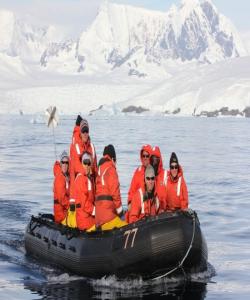 Nell Herrmann and scientists explore the waters on a zodiac near the Western Antarctic Peninsula. Photo by Nell Herrmann.
Nell Herrmann and scientists explore the waters on a zodiac near the Western Antarctic Peninsula. Photo by Nell Herrmann.
Researchers will focus on the chemical ecology of shallow-water marine macroalgae and invertebrates on the Antarctic Peninsula. The team will study the ecosystem connections between macroalgae and crustaceans like amphipods (including gastropods). Particularly they want to know more about the benefits and costs to amphipods from being uniquely able to consume particular macroalgae and some other chemically defended red algae. Another focus is on the basis and implications of the substantial chemodiversity previously observed in macroalgal defenses. The investigators also seek to definitively demonstrate that some amphipods retain metabolite defenses from particular macroalgae, to defend itself from predation.
Where Are They?
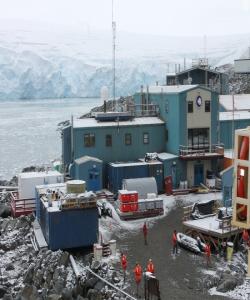 Nell Herrmann's first view of Palmer Station Antarctica. Photo by Nell Herrmann.
Nell Herrmann's first view of Palmer Station Antarctica. Photo by Nell Herrmann.
The research team will live and work at Palmer Station, located on Anvers Island midway down the Antarctic Peninsula. Palmer Station is sponsored by the National Science Foundation and is one of three United States research stations located in Antarctica. During the summer research season, around 40 people live and work at the station, with that number going down to between 15 and 20 during the winter months. The team will travel to Palmer Station aboard the ARSV Laurence M Gould and travel to the diving sites by zodiac boats.
Latest Journals

Charles Amsler is a professor of Marine Ecophysiology and Chemical Ecology at the University of Alabama at Birmingham. The research that he conducts with his students is centered on several areas, but most involve chemical interactions between organisms or ways in which organisms perceive, respond to, or otherwise interact with their chemical environment. Dr. Amsler is very involved with educational outreach by regularly making presentations on Antarctica to K-12 classrooms and other groups (local science museums, etc.).

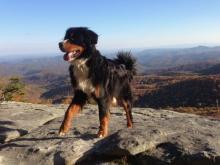
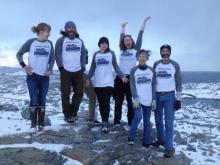
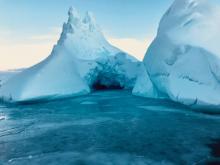
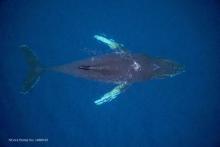

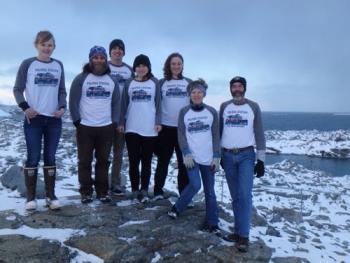 The UAB team and University of South Florida PhD. student
The UAB team and University of South Florida PhD. student